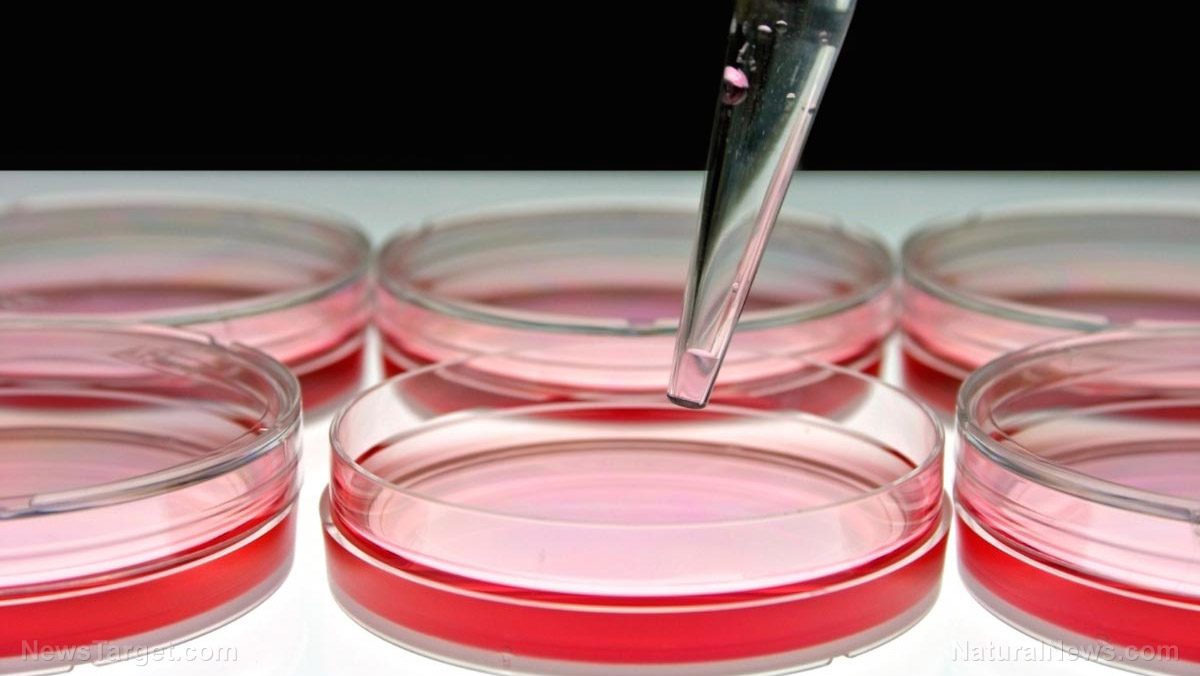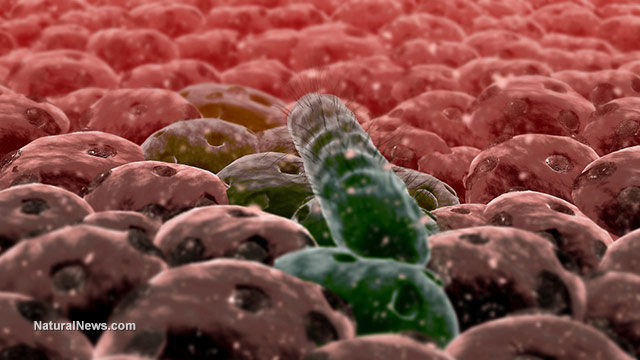Confirmed: BPA alters hormones and increases risk of obesity in children
02/24/2019 / By Jhoanna Robinson

A chemical found in baby bottles and banknotes has been shown to increase the risk of obesity in children, a study conducted by researchers from Brunel University London, New York University, and Vrije University in Amsterdam showed.
Bisphenol A, or BPA, is a chemical that is widely used in consumer products such as plastic food storage containers and water bottles made of hard plastic polycarbonate. BPA can seep into food and drinks, especially when the plastic that contain them – such as cutlery, Tupperware, water bottles, and sippy cups – are heated, left in the sun, frozen, scratched, or worn down.
Scarily enough, these results are consistent even when BPA exposure is below the levels that are deemed dangerous. The U.S Environmental Protection Agency (EPA) has assigned 50 micrograms per kilogram body weight per day as a safe dose for BPA intake.
“We believe [our findings] support the need to re-examine BPA safety levels for the human population. This is further supported by the fact that BPA has recently been identified as an endocrine-disrupting chemical within Europe based on adverse interactions of BPA with reproductive function, mammary gland development, cognitive function, and metabolism,” said study author Professor Juliette Legler from Brunel University.
“It’s important to note that although this review focused on BPA studies, other chemicals have also been identified as potential obesogenic chemicals, including several pesticides, flame retardants and phthalates, which are used in everything from food packaging to cosmetics to cleaning products,” Legler added.
Washington, D.C.-based Environmental Working Group (EWG) recently uncovered a database that shows that there are over 16,000 products sold in the market that contains BPA. EWG said that BPA can prompt negative health effects aside from obesity, such as early puberty, behavioral changes in children, diabetes, and infertility. (Related: BPA plastics chemical found to feminize males.)
The Food and Drug Administration (FDA) has announced that it’s safe to use products with BPA. The European Union, on the other hand, banned the use of BPA in manufacturing baby bottles back in 2011, a move that was followed by Belgium, Denmark, and Canada, when BPA was banned from food containers and utensils that were made for the use of children aged three and under.
Because of this, the EPA and the FDA are reevaluating its stance on BPA safety usage, with the National Toxicology Program saying that the risk at current levels of exposure from all BPA sources is three to five times under the toxicity level estimated to have adverse effects.
Pesticide exposure causes brain cancer in children
A new study showed that pesticides, which are sprayed on crops to prevent insects from damaging them, increase the risk of brain cancer by 1.4 times. It further stipulated that the cancer-causing compounds can cross the placenta, increasing the fetus’ chances of developing brain tumors.
“Our findings add another reason to advise mothers to limit their exposure to pesticides around the time of pregnancy,” lead author Nicolas d’Egurbide from the French Institute of Health and Medical Research said.
Earlier research has revealed that the fruits that contain the most chemicals include spinach and nectarines and strawberries, while those which have a lighter chemical load include white avocados, pineapples, and sweetcorn.
Other chemicals that people should limit their intake of include those that increase estrogenic activity because too much of it can destabilize your mood, energy levels, and hormones.
Experts advise veering away from utilizing single-use plastics and Styrofoams to avoid ingestion of BPA and other chemicals such as styrene and hormone-disrupting phthalates. Avoiding single-use items is also good for the environment, helping to keep our landfills and waterways clean. They also advise to check for the number 7 when buying plastic containers, for that indicates that the product may have BPA. As much as possible, eat fresh and natural foods that are not canned, experts say.
Sources include:
Tagged Under: BPA, brain health, brain tumors, chemicals, children's health, endocrine disruptor, EPA, exposure, FDA, hormones, Infertility, obesity, phthalates, research, toxic chemicals, toxins




















